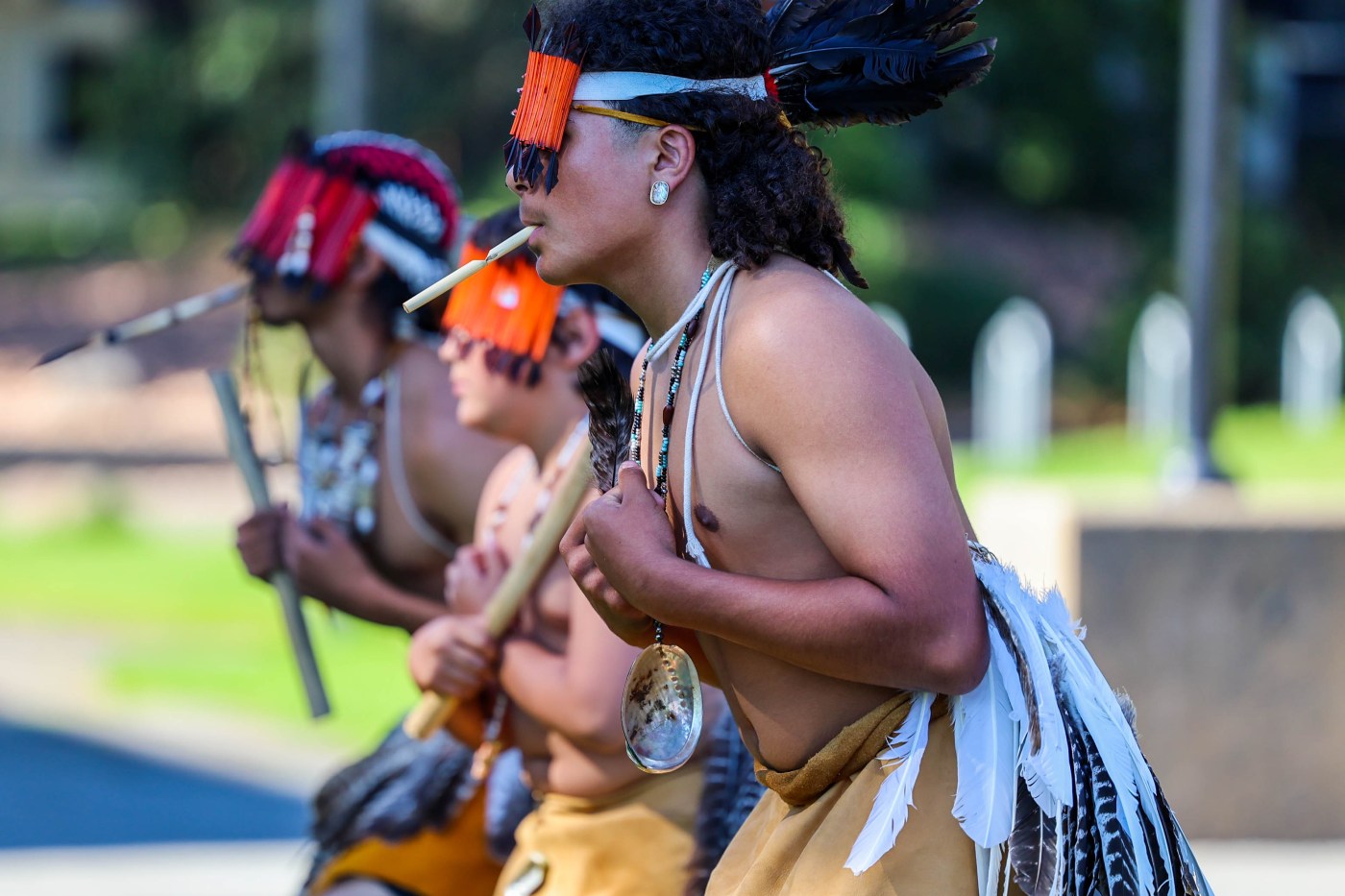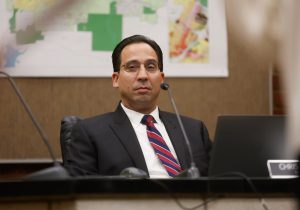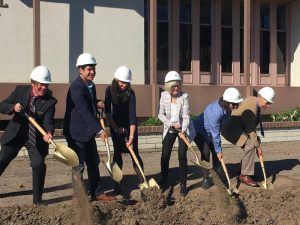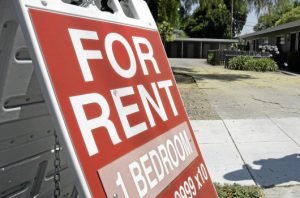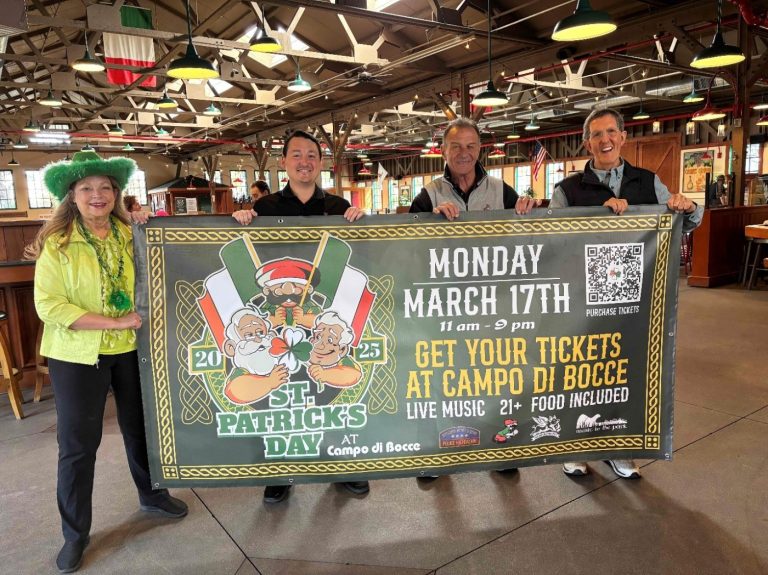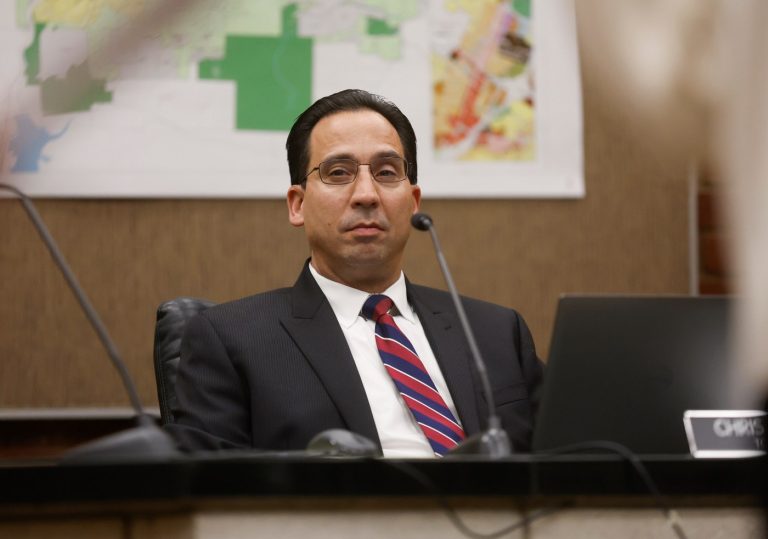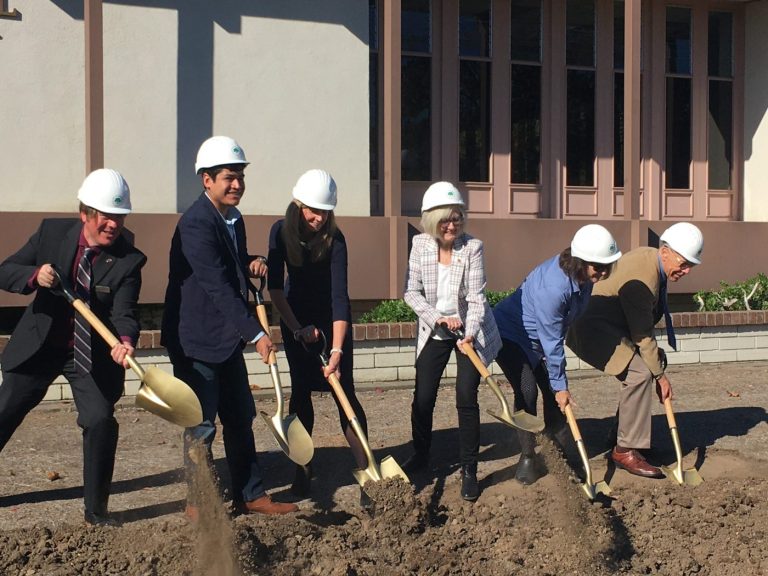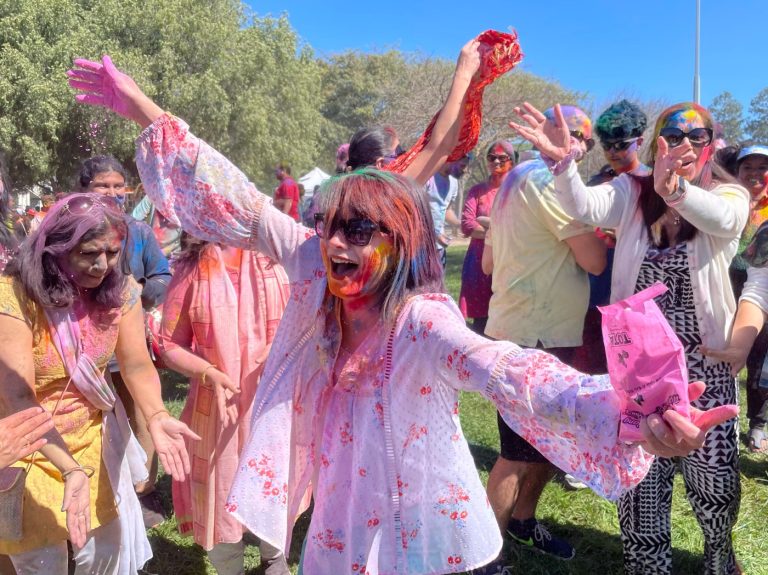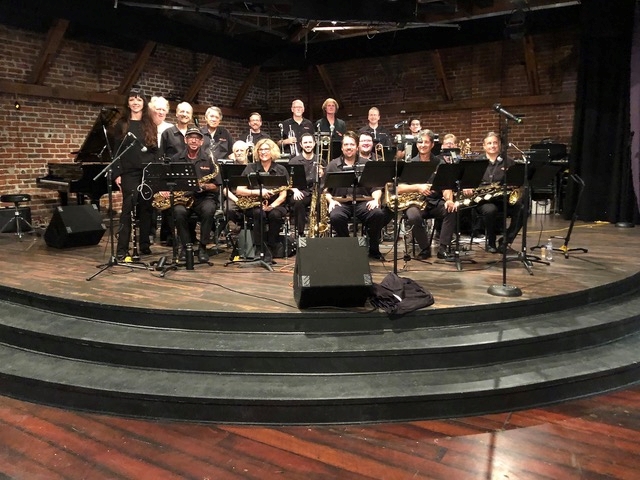Another Bay Area congresswoman has added to the chorus of criticism facing the San Jose City Council over its potential support for federal recognition of the Muwekma Ohlone, noting the “significant” implications and the tribe’s historical opposition to any anti-gambling provisions.
Ahead of a council decision Tuesday on whether to offer its backing, Congresswoman Anna Eshoo has joined Rep. Zoe Lofgren in rebuking a proposed resolution that “fails to grasp the complexity of the issue at hand.”
“The Muwekma Ohlone Tribe’s leadership has, thus far, been unwilling to consider any path forward that does not involve gaming rights,” Eshoo wrote in a letter to the City Council. “Because other members of the Bay Area congressional delegation share my concerns about gaming, the Tribe’s position has left us at an impasse and prevented us from engaging constructively on the complex underlying question of whether legislative recognition should be pursued at all.”
The tribe’s only path toward federal recognition is through an act of Congress after the Bureau of Indian Affairs denied its petition in 2002, which was later affirmed in a D.C. Circuit Court and appeals court.
The BIA, which last granted federal recognition to a tribe five years ago, denied the Muwekma Ohlone’s petition because it failed to meet three of the seven required criteria.
The tribe has embarked on a three-month cross-country horseback ride from the Bay Area to Washington, D.C. called the “Trail of Truth” to raise awareness for its cause, with multiple councilmembers now willing to consider a resolution of support.
In previous rallies and protests, the Muwekma Ohlone, which has approximately 614 members, cited the need for federal recognition to hold land, receive federal assistance and aid in repatriating artifacts and the remains held by government agencies and public museums.
The tribe’s ancestral lands are said to include portions of Alameda, Contra Costa, Napa, Santa Cruz, Santa Clara, San Francisco, San Mateo and Solano counties.
Federal recognition can also allow tribes the ability to operate casinos on their land, but six of the seven tribes recognized by Congress in the last decade have given up their rights, Eshoo said.
While the Muwekema Ohlone has not mentioned the need for gambling at recent events, Chairwoman Charlene Nijmeh told The Mercury News that taking away the tribe’s rights would make them “second-class citizens in Indian Country” and diminish its sovereignty.
“Negotiating rights away from Native American Tribes was how we were defrauded of our lands and natural resources in the first place,” Nijmeh said. “We refuse to give up any more rights. We were enslaved in the Mission system, our villages were burned to the ground, our land was stolen and the State of California put bounties on our heads when gold was discovered. Our genocide continues today in the form of political erasure, but it’s the same story motivated by the same greed.”
In its willingness to consider the Muwekma Ohlone’s request, the City Council has faced pushback from Bay Area congressional leaders for interfering in federal matters.
Before Eshoo issued her letter, Lofgren said the City Council’s proposed resolution distorted the truth and warned of the impacts of circumventing the BIA’s process.
“Doing so for one tribe would create significant issues of fairness for other tribes who have also received negative determinations under the BIA process,” Lofgren wrote in a letter to the city. “I encourage the Council to more carefully consider this and other complicated issues that would arise from Congress overturning BIA’s independent, fact-based determination.”
Lofgren also noted that the unique nature for Congress to overturn a BIA decision after all appeals had been exhausted.
The Little Shell Tribe of Chippewa Indians of Montana received recognition after Montana legislators attached a rider, an amendment that is not germane to a bill, to the National Defense Authorization Act in 2019. Before passage, the Little Shell Tribe was in the process of appealing the BIA’s denial.
San Jose Mayor Matt Mahan was unavailable for comment.
The Bay Area’s congressional delegation already had an acrimonious relationship with the tribe after accusing its surrogates of spreading disinformation and writing fake news stories about their positions last year.
Related Articles
San Jose floats proposal to revitalize Action Sports Park, former Raging Waters site at Lake Cunningham
Letters: Mental health | Developmental centers | Ireland trip | Christian support | GOP priorities | Distinct policies
San Jose is sending four of its city councilmembers to Ireland despite budget woes
South San Jose residents, leaders decry mail thefts, call for help from postal officials
San Jose children’s museum expands with new interactive educational area
Lofgren has also clashed with Nijmeh, who failed to advance from the contested primary for Lofgren’s House seat earlier this year and accused her of obstructing the tribe’s federal recognition efforts.
“Her behavior is blatantly motivated by the massive amount of money that California’s 68 Indian casinos dole to the Democratic Party, precisely to stop the affirmation of our existence in the eyes of the federal government,” Nijmeh said. “This is special interest corruption at its worst.”
Adding to the political intrigue, Nijmeh, a Democrat, has endorsed Peter Hernandez, Lofgren’s GOP challenger in the November election, who has pledged support for the Muwekma Ohlone’s recognition efforts.
“Truth has a profound yet necessary effect,” Hernandez said at a rally outside San Jose City Hall. “It requires clarity and accountability. And right now, the only ones opposed to the truth are the gatekeepers of California politics.”
